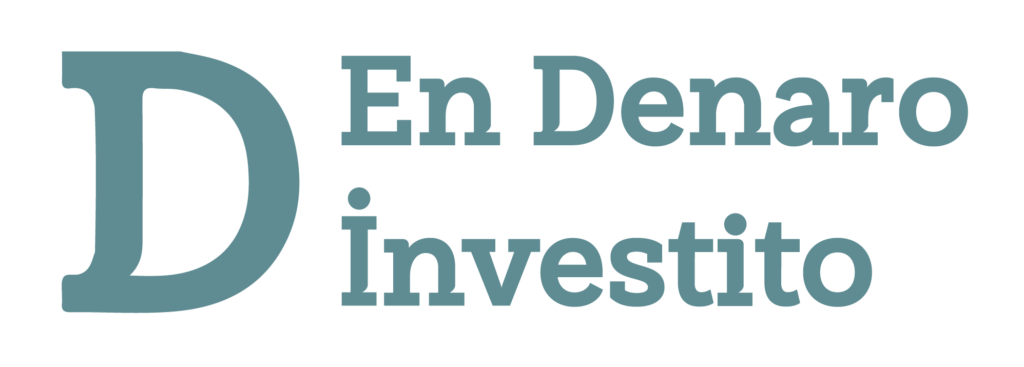Bank of Montreal: Everything You Should Consider Before Applying for a Loan
When considering a loan application with the Bank of Montreal, understanding the key factors can significantly enhance your chances of approval. Navigating the application process might seem daunting, but being well-informed about what the bank looks for can put you steps ahead. In this post, we’ll explore essential considerations to help prepare you for a successful application.
Whether you’re a first-time borrower or looking to refinance, there are specific criteria that the Bank of Montreal evaluates during the loan application process. From credit scores to income verification, each element plays a critical role in the decision-making process. By familiarizing yourself with these factors, you can ensure you’re presenting a strong case for your application.
*You will stay on the same site.
Additionally, understanding the terms and conditions of the loan, including interest rates and repayment schedules, is crucial in making an informed decision. The more comprehensive your knowledge of the Bank of Montreal’s loan application requirements, the smoother your journey to securing the funding you need will be. Stay with us as we delve into these considerations in detail.
Personal Loan: Understanding Eligibility
Personal loans are a versatile financial tool, offering flexibility and fewer restrictions on their use. The Bank of Montreal considers several factors when evaluating a personal loan application. Primarily, lenders assess the applicant’s credit score, which reflects their financial responsibility and reliability in repaying debt. A higher score increases the likelihood of loan approval.
In addition to credit scores, income stability is crucial. Borrowers must demonstrate consistent income streams to assure the Bank of Montreal of their repayment capability. This often involves providing proof of employment or steady business income if self-employed. Lenders may also consider the debt-to-income ratio to ensure the applicant isn’t overburdened financially.
Lastly, personal loan applicants should provide documentation that supports their application. This includes bank statements, identification, and any corroborating documents related to the purpose of the loan. Having this information ready can expedite the review process and increase approval chances.
Personal Loan: Interest Rates and Repayment
Interest rates are a pivotal consideration for personal loans at the Bank of Montreal. They can be fixed or variable, influencing the cost of borrowing over the loan term. A fixed rate means predictable monthly payments, while variable rates might fluctuate based on market conditions, potentially impacting your monthly budget.
LOANS WITHOUT COMPLICATIONS
Approve your loan with Royal Bank of Canada
Useful tips for success.
*You will stay on the same site.
The repayment schedule is also a key factor. Borrowers should understand the duration of their loan and the frequency of payments. Planning for these payments in advance ensures budget consistency and prevents potential financial strain. This planning allows for strategic financial decision-making regarding loan applications.
Additionally, some personal loans offer the flexibility of early repayments without penalties. This feature can be beneficial for borrowers looking to reduce their debt quicker while saving on interest. Therefore, understanding and comparing different loan arrangements can lead to a more informed decision.
Personal Loan: Risks and Considerations
Every financial decision carries inherent risks, and personal loans are no exception. Borrowers must evaluate their financial situation thoroughly before committing to a loan. They should examine their current debts, ensuring they can manage additional financial responsibilities. Careful assessment can prevent future financial distress.
It’s important to understand all associated fees with personal loans. The Bank of Montreal, like other lenders, might charge origination fees, late payment fees, or prepayment penalties. These fees impact the overall cost of borrowing, making it essential for applicants to review their loan terms diligently.
Moreover, borrowers should assess the implications of potential interest rate changes, especially in variable-rate loans. Economic shifts can impact repayment costs, necessitating a forward-thinking approach to financial planning. Awareness of these factors helps mitigate potential loan-related risks.
GET CREDIT EASILY
Discover Bank of Nova Scotia personal loan
Clear and fast procedure.
*You will stay on the same site.
Mortgage Loan Considerations
Mortgage loans are significant financial commitments, often involving substantial sums and lengthy repayment periods. For the Bank of Montreal, evaluating a mortgage application includes assessing property value, the applicant’s creditworthiness, and financial stability. This thorough review process ensures that the loan is viable for both parties.
The down payment size is a crucial aspect of mortgage applications. A larger down payment often results in more favorable loan terms, potentially lowering the interest rate and monthly payments. Applicants should consider their savings and determine the optimal down payment strategy for their financial goals.
Additionally, understanding mortgage loan conditions, such as interest rates, amortization periods, and potential fees, is essential. Applicants must evaluate these factors and compare different mortgage products to find the one that aligns best with their long-term financial plans. Doing so facilitates informed decision-making for prospective homeowners.
Auto Loan Considerations
Auto loans provide individuals with the means to purchase a vehicle, offering particular conveniences and considerations in the application process. The Bank of Montreal reviews the applicant’s credit score, income, and debt obligations to determine their eligibility and the loan’s interest rate.
The vehicle’s value plays a significant role in the loan process. Lenders assess the car’s condition, make, and model to establish its loan-to-value ratio. A higher ratio indicates more borrowing power, while a lower ratio might require a larger upfront payment or result in less favorable terms.
Moreover, potential fees and the length of the loan term should be considered. Longer terms may reduce monthly payments but increase the total interest paid. Applicants should evaluate their financial situation to determine the optimal term and payment schedule that suits their needs.



